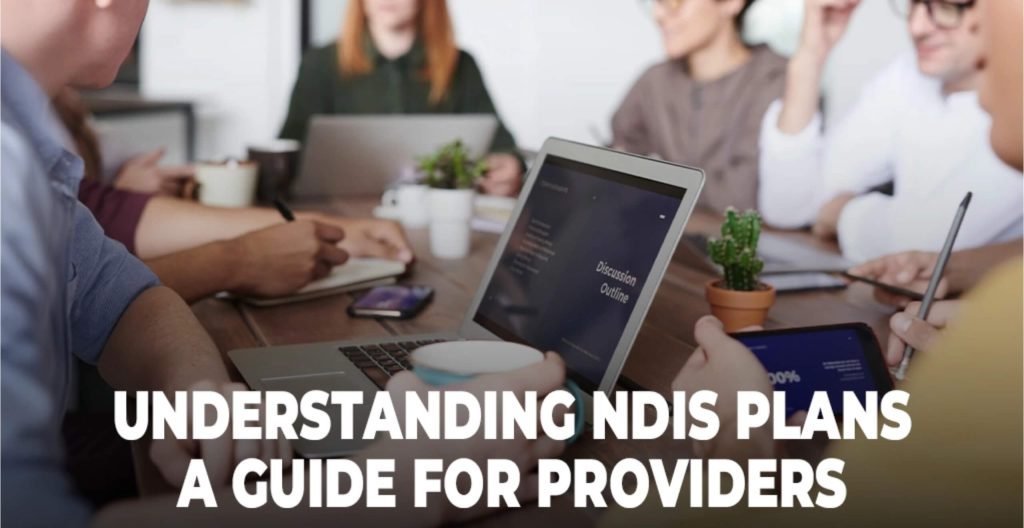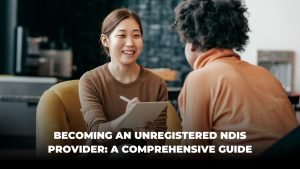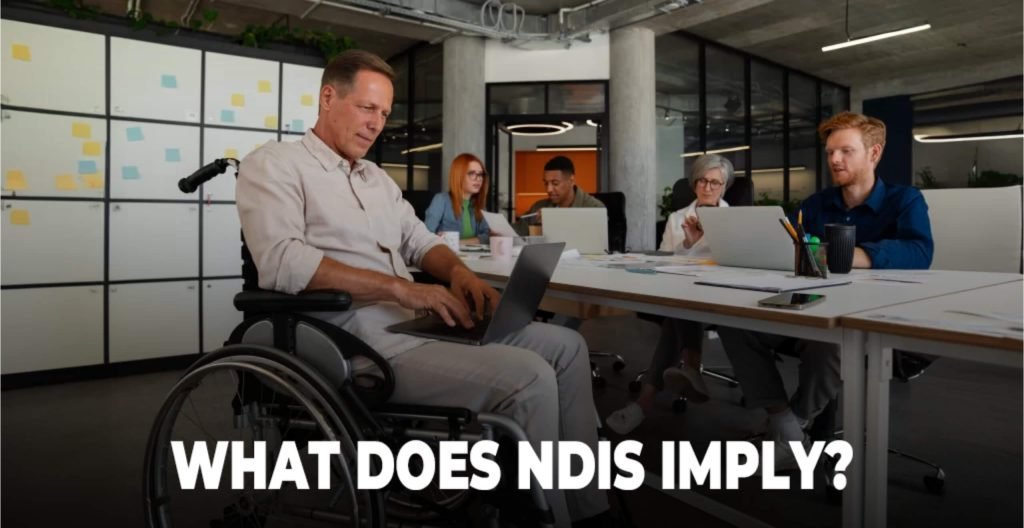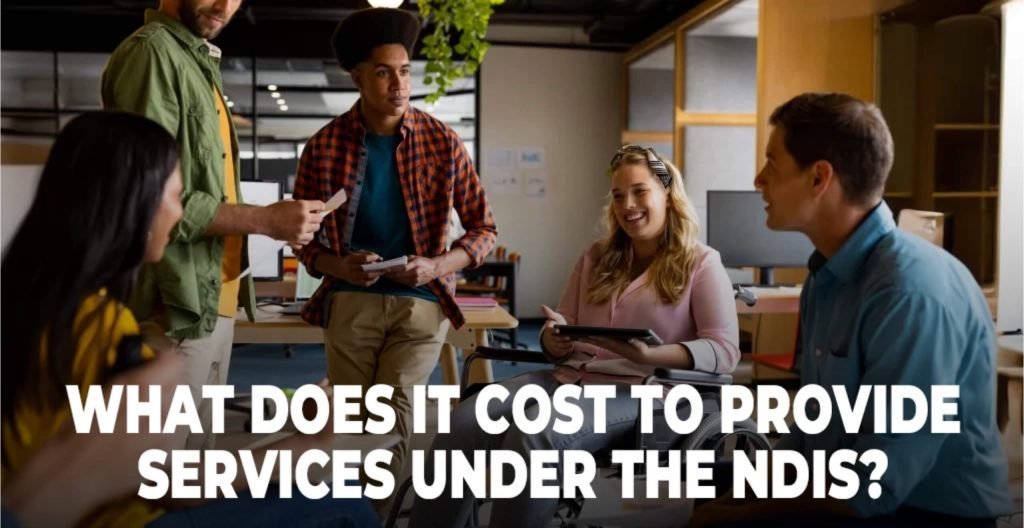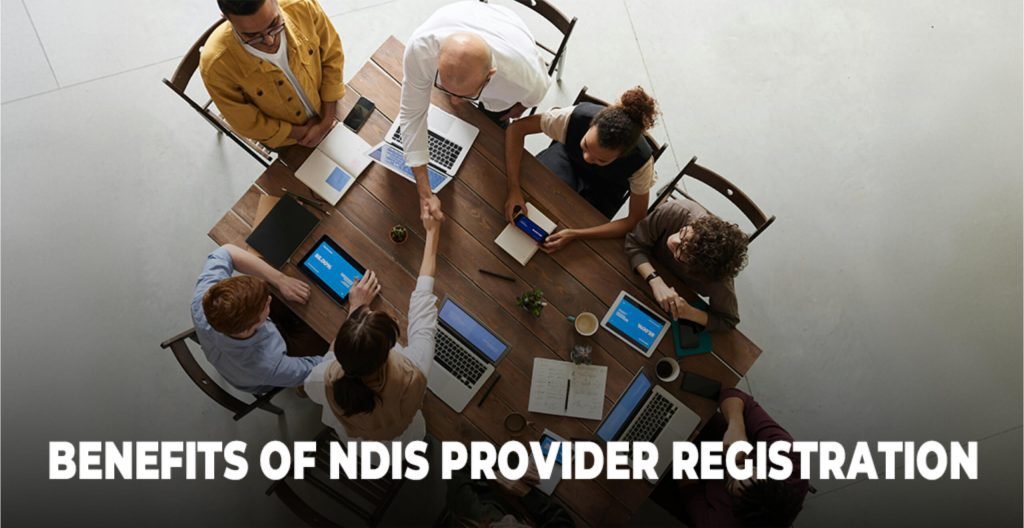The National Disability Insurance Scheme (NDIS) is a landmark initiative designed to provide support and services to Australians with disabilities. For NDIS providers, understanding the intricacies of NDIS plans is crucial for delivering tailored and effective support. This guide will help you navigate the key components of NDIS plans, ensuring you can better serve your participants and optimise your service offerings.
 What is an NDIS Plan?
 An NDIS plan is a personalised document that outlines the support and services a participant will receive through the NDIS. Each plan is unique, reflecting the individual goals, needs, and circumstances of the participant. The plan is developed in collaboration with the participant, their carers, and NDIS planners or Local Area Coordinators (LACs).
Â
Key Components of an NDIS Plan
-  Participant’s Goals
   – The plan begins with a statement of the participant’s goals and aspirations. These goals guide the selection of supports and services. Providers should align their services to help participants achieve these goals, which may include improving independence, gaining employment, or enhancing social participation.
- Funded Supports
   – The plan details the funded supports the participant will receive. These supports are divided into three categories:
     – Core Supports: Everyday activities, assistance with daily living, and community participation.
     – Capital Supports: Investments in assistive technologies, equipment, and home modifications.
     – Capacity Building Supports: Services that help participants build their skills and independence over time, such as therapies, employment support, and health and wellbeing services.
- Budget Management
   – The plan specifies how the participant’s NDIS budget will be managed. There are three options:
     –Self-Managed: The participant manages their own funds and pays providers directly.
     – Plan-Managed: A registered plan management provider manages the funds on behalf of the participant.
     – NDIA-Managed: The National Disability Insurance Agency (NDIA) pays registered providers directly.
 Understanding Funding Categories
- Core Supports
Core supports cover essential services that assist participants with everyday activities. As a provider, understanding how to allocate and manage these supports is crucial. This category is flexible, allowing funds to be used across different support types within the core budget.
- Capital Supports
Capital supports are for high-cost assistive technologies and home or vehicle modifications. These supports require specific quotes and approvals, so providers must work closely with participants to ensure proper documentation and justification for these expenses.
- Capacity Building Supports
Capacity building supports aim to develop participants’ skills and independence. This category includes funding for therapies, employment services, and support coordination. Providers should focus on delivering services that empower participants to achieve their long-term goals.
Navigating the NDIS Portal
The NDIS portal is an essential tool for providers to manage service bookings, submit payment requests, and communicate with the NDIA. Familiarising yourself with the portal’s features and functionalities is critical for efficient operations. Key tasks include:
– Service Bookings: Confirming and managing the services you will provide to participants.
– Payment Requests: Submitting claims for services rendered, ensuring timely payments.
– Plan Reviews: Staying updated on plan reviews and changes to participant plans.
 Collaboration and Communication
Effective communication with participants and their support networks is vital for successful plan implementation. Regular check-ins, progress updates, and collaborative goal-setting can enhance the participant’s experience and outcomes. Providers should also liaise with other service providers involved in the participant’s care to ensure a holistic approach.
 Staying Informed and Compliant
The NDIS landscape is continually evolving, with regular updates to policies and guidelines. Providers must stay informed about these changes to remain compliant and deliver high-quality services. This includes ongoing professional development, attending NDIS training sessions, and subscribing to NDIS updates.
Latest NDIS News in Australia
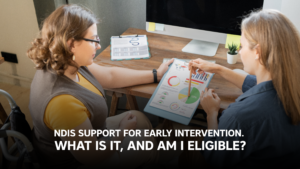
ndis business profitability strategies and factors
Becoming an NDIS provider Registration is a great investment and a business opportunity that offers a lot and while navigating NDIS business registration​ and NDIS

Allied Health Professionals in NDIS: What you need to know
The NDIS Scheme helps a large group of people with disabilities in Australia by providing support and services to enhance their lives. And to become

How to create a positive NDIS participant experience
How to create a positive NDIS participant Whether you’re Working as an NDIS provider or wanting to become an NDIS provider, Ensuring a great experience

Common Mistakes in NDIS Audit and How to Avoid Them
Becoming a National Disability Insurance Scheme become an NDIS provider provider can be a great business opportunity, but it also comes with a lot of

NDIS Plan Management Self Managed VS Plan Managed
Helping participants navigate their plans effectively is an essential part of providing service and ensuring quality in your provider business. NDIS plan management is fundamentally

How to Stay Informed: NDIS Resources and Updates You Need to Know
NDIS Resources Navigating the National Disability Insurance Scheme (NDIS) can often feel challenging and overwhelming. With updates on policy changes, new guidelines, and various support
Hear from Our Clients


